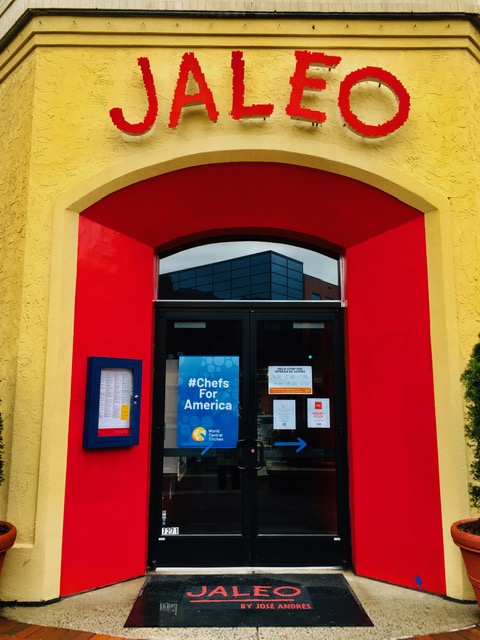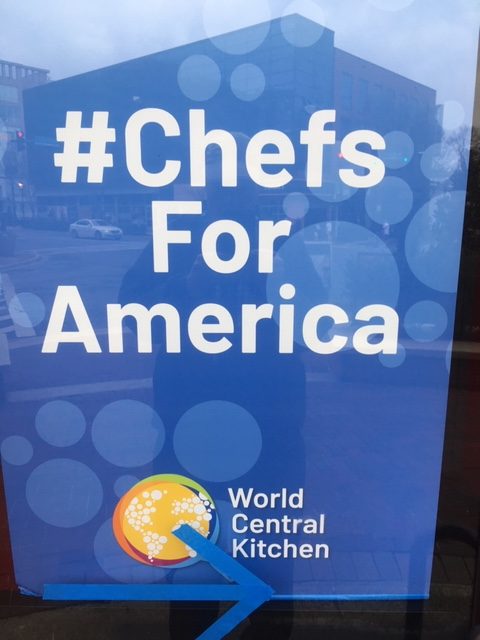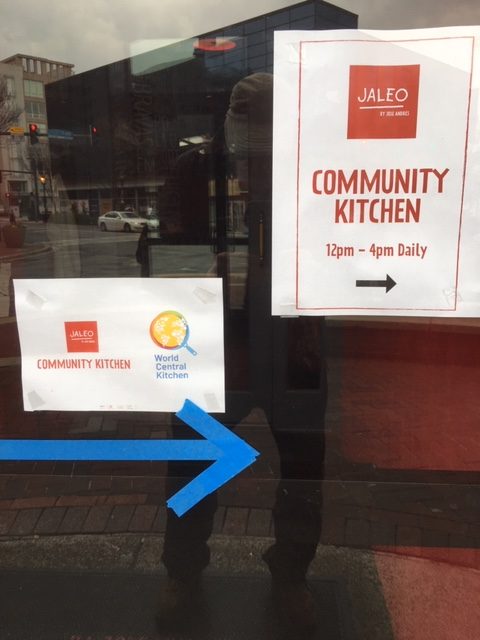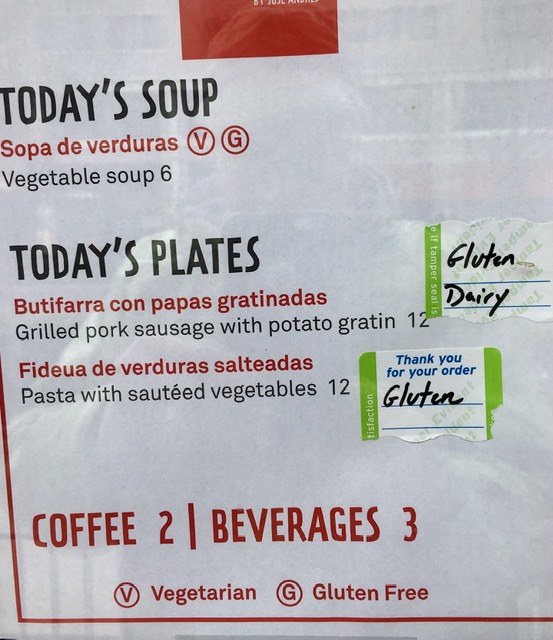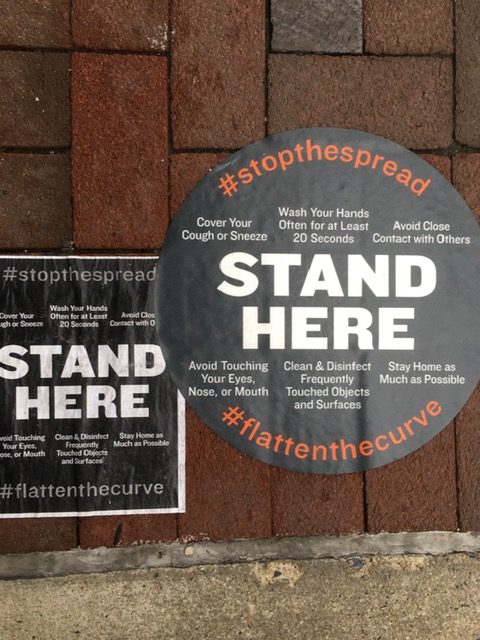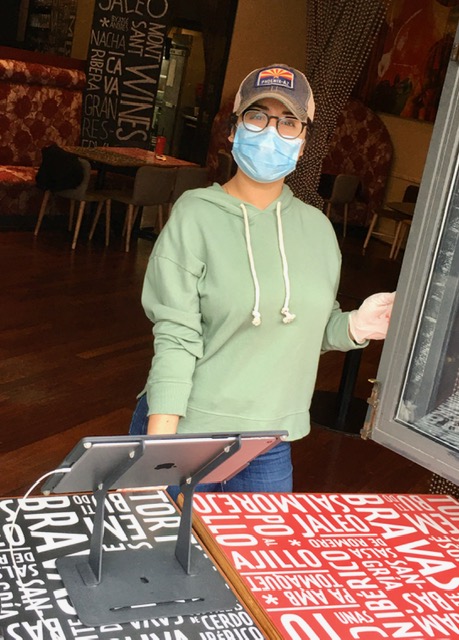Everything Cancelled! That is the economic and social reality today from the coronavirus crisis. Except for one critical capacity-to learn at the speed of change.
Credit unions have three distinct strengths in the current crisis:
- They focus locally. Regardless of national guidelines or initiatives, all execution is local. Schools, businesses, health care and all services are led and delivered specifically for each community The community is the “home field” advantage of every credit union.
- Members come first, not a stock price or buybacks, or jousting for a corporate takeover as competitors weaken. Members are why we exist. Their financial health is each institutions’ “social capital” of trust.
- Collaboration, based on the principle of self-help, is our competitive advantage. Working together even with “social distancing” is integral to our system’s design.
Turning to Action
When asked about knowing the peak of the curve tracking the virus spread, NIH infectious disease expert Dr Fauci stated: “We don’t know about it until after the fact.”
In contrast to this post-event knowledge (hindsight is always 20:20) the cooperative advantage is the ability to share and learn from each other to proceed with confidence through each phase of a crisis. Real time sharing brings insight and foresight.
Every crisis, externally imposed or internally caused, goes through a similar, predictable cycle: Discovery/incident, growing realization of impact, uncertainty creating fear and doomsday predictions; responses-local and national; slow recovery, and step by step return to normalcy.
The greatest danger is to get stuck in judgments in one part of the cycle and assume that will be the situation forever. The best example is NCUA’s actions to the corporate investment portfolios in2008/09.
Learning occurs from first-hand intra-industry sharing about credit unions plans and actions. Often in real time webinars.
“Uninterrupted Service” and “There’s a lot we can do”
One CEO’s focus in his staff communications is to ”deliver uninterrupted service to members.” He further observed:
We are offering members a variety of ways to help them. We have a temporary income replacement loan with an interest rate of 2 or 3 percent. Also a few extra free skip-a-pays (we offer one free skip-a-pay per year as a matter of routine). Our Governor closed our schools for three weeks which is creating a childcare nightmare for our mostly parent-age employees so we are considering an interest-free loan for any extra childcare expenses they incur during the crisis (we need them to come to work if they can).
So far not much of an issue for members – we’re getting some requests for assistance but only a handful so far. I expect this could increase significantly in coming months.
Our crisis team is meeting every day to re-assess and make new decisions. I’ve been around a long time and have never seen anything like this – this is worse than the great recession because of the panic around health. We will be fine – this is what we have capital for, right? We have a lot of it so there’s a lot we can do.
Keeping Credit Flowing-Lowest Borrowing Rates Ever
The Federal Reserve’s actions lowering short term rates to zero creates a potent borrowing and member lending opportunity for credit unions This morning’s fixed rate term loan advances from a FHLB ranged from .81% for one year to 1.02 for five years.
With this historically low cost of funds, credit unions can leverage their balance sheets to assist members to refinance outstanding loans. Refinanced loans have a payment history and can be secured. Lowering rates puts more cash in members’ hands or enables faster loan spay offs. Refi’s of home mortgages can benefit members years beyond the crisis.
Creating low cost short-term financing for those members and businesses subject to uncertainty is vital to an economic rebound. Credit unions have the local knowledge to direct their lending priorities where it is most needed in the community.
“An Essential Service” and “Being Good Neighbors”
I received the following excerpt in an email from a credit union:
Financial institutions are considered an essential service, so our branches are open to serve you during the shelter-in-place order impacting six Bay Area counties.
In a crisis, recovery starts from the bottom up, not the top down. While national funding can counter market’s liquidity panics, recoveries in retail sales, business re-openings and restoring normal patterns of commerce must occur locally. Dependable financial services are the oil to keep the wheels of commerce turning.
On Sunday I participated in a Zoom church gathering. The order of service was the same as if we were in the sanctuary, some music and congregational interaction through Zoom’s “gallery view.” The technology provided all regular service practices. By doing so it renewed a sense of community even without physical presence.
Learning inspires innovation. Another congregation announced in the midst of city-wide church closures in DC: “The church is not closed, but the church is changing its practices for the time being.”
When everything is postponed or shutdown in our daily lives, all routines are unsettled.
Crisis can breed fear, even panic. One credit union reported a member who withdrew his entire share balance: $500,000.
Learning new ways to be good neighbors for our members, community and the coop system could be the most important outcome of this crisis experience. That would be an “essential service” lasting much longer than facilitating daily financial transactions.

